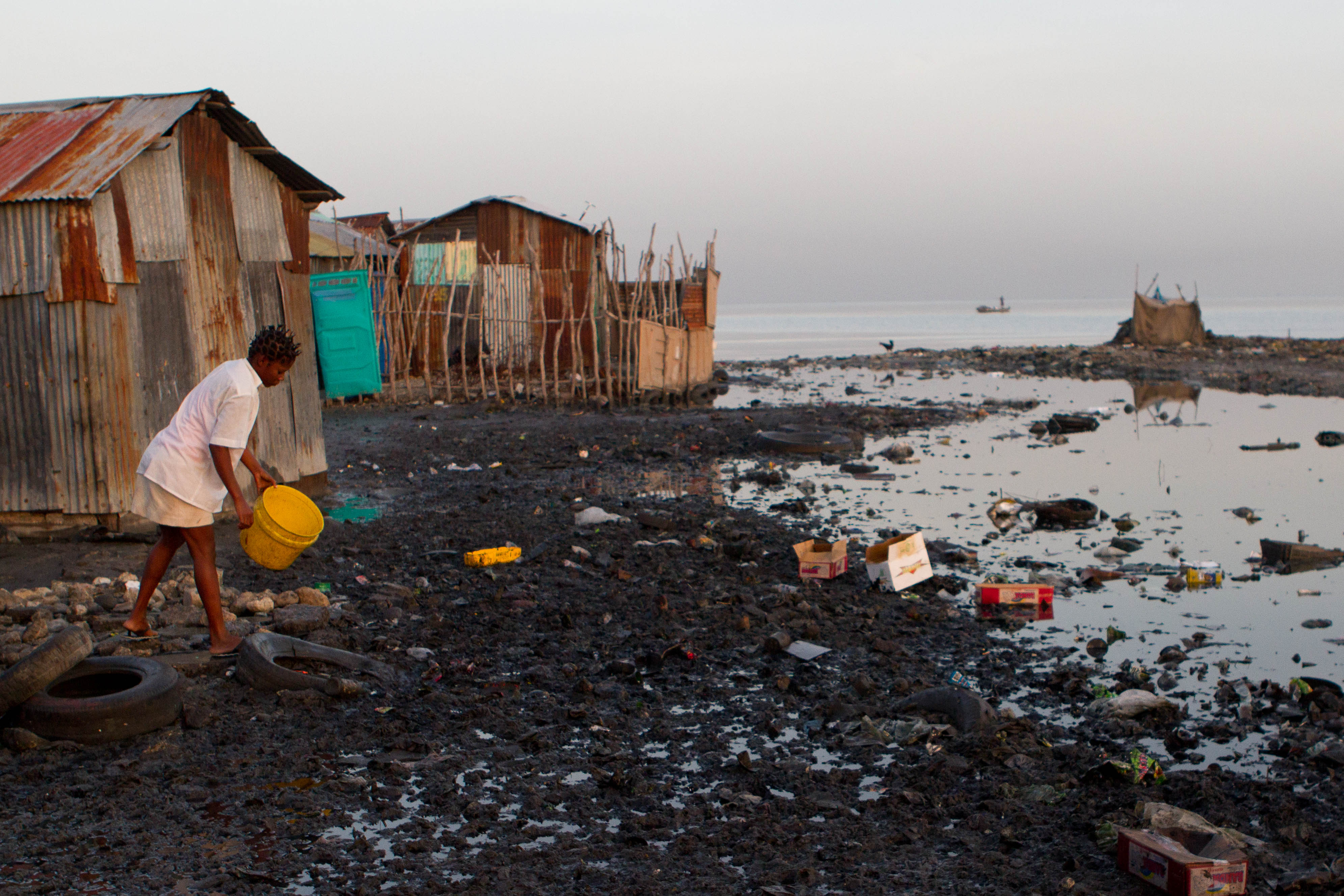
This year, the rainy season in Haiti was light and early in typical El Niño fashion. As a result, there were fewer incident cases of cholera at precisely a time when international funds for cholera treatment began to falter. Many cholera treatment centers (CTC) closed their doors. In Port-au-Prince Medecins Sans Frontieres consolidated five CTCs into two. Hopital Albert Schweitzer closed their CTC in the Artibonite valley. In early July, the Verettes CTC was empty.
In rural towns and urban slums, life continues as it always has. People still struggle to grind out a livelihood in the poorest country in the western hemisphere – one that ranked 158 out of 187 in the 2011 UN Human Development Index.
In many ways, cholera is invisible right now, hidden in the higher salinity water that it loves. However, Haitians still carry cholera with them on paper. Vaccination cards, cholera certificates, patient histories, and legal cases remind us of the more than 550,000 people who fell ill, and also of the tremendous weight the disease bears on Haiti's tenuous health and legal systems.
Cholera is anything but gone in Haiti. It is now endemic – an institution of its own, in ink.





